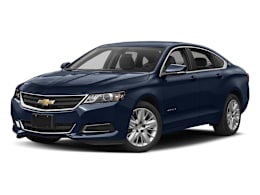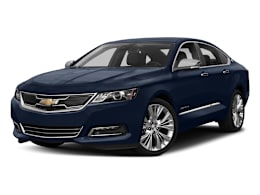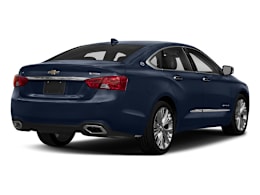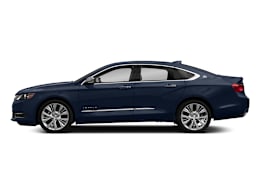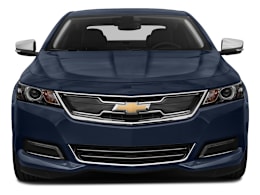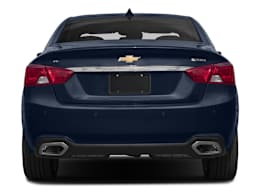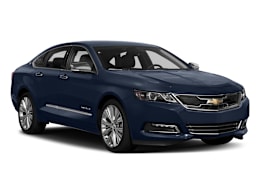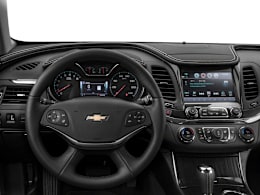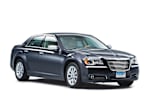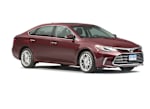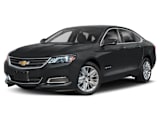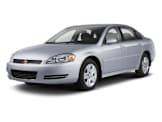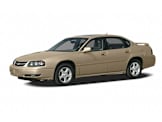Chevrolet Impala
2018 Sedans & Hatchbacks Reliability
Chevrolet Impala
Chrysler 300
Ford Taurus
Nissan Maxima
Toyota Avalon
Toyota Avalon Hyb...
Crash Tests
Crash Tests
Chevrolet vs. Other New Car Brands
Crash Tests
Chevrolet vs. Other New Car Brands
2018 Large cars Ratings
- 2.5-liter 4 (197 hp)
- 3.6-liter V6 (305 hp)
- 6-speed automatic
- Join Consumer Reports cu. ft.
In most cases, automotive warranties are based on the vehicle identification number (VIN), and the warranty will be valid regardless of ownership. The dealership can tell you exactly how much warranty is left.
Read more about extended warranties


